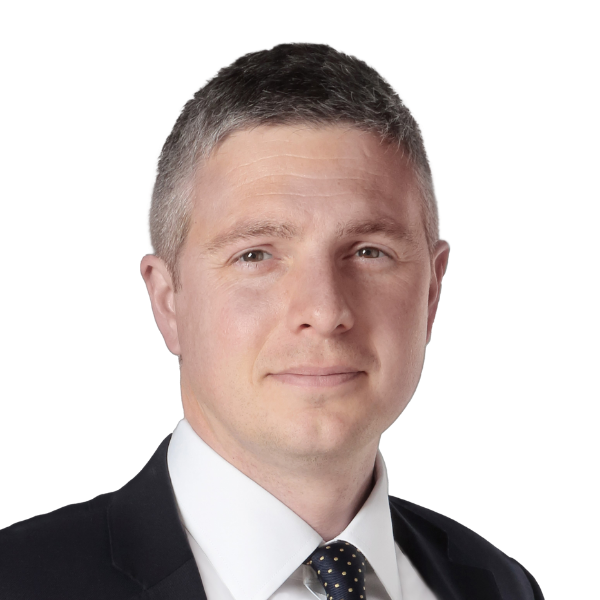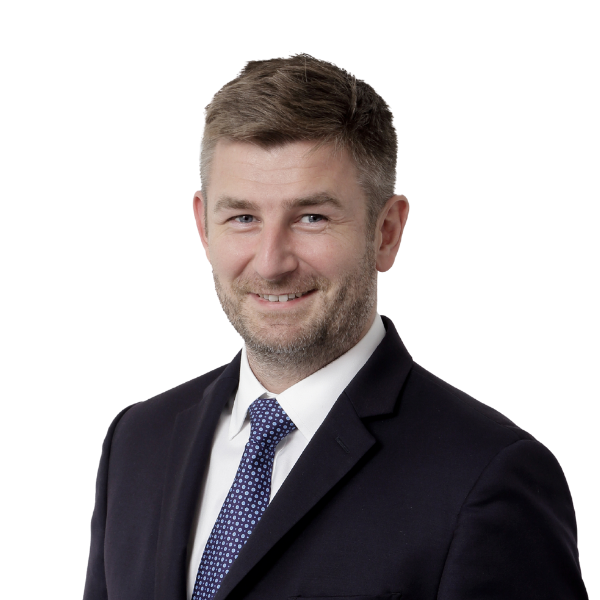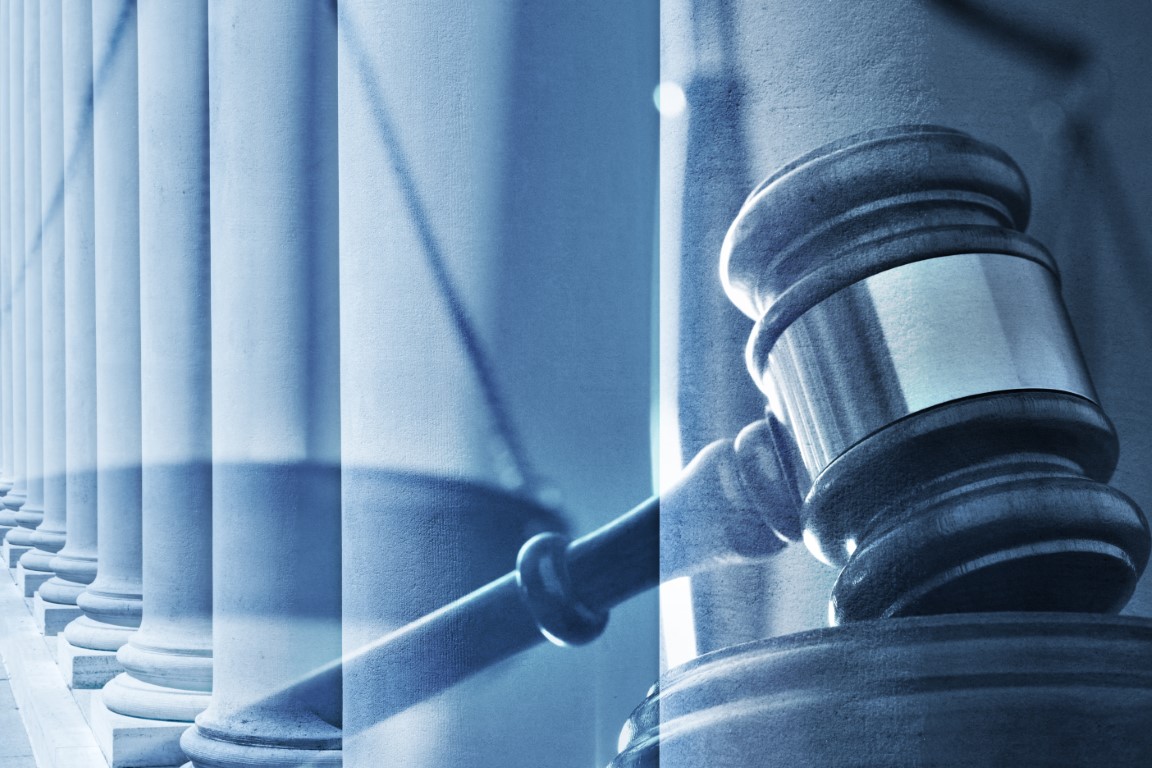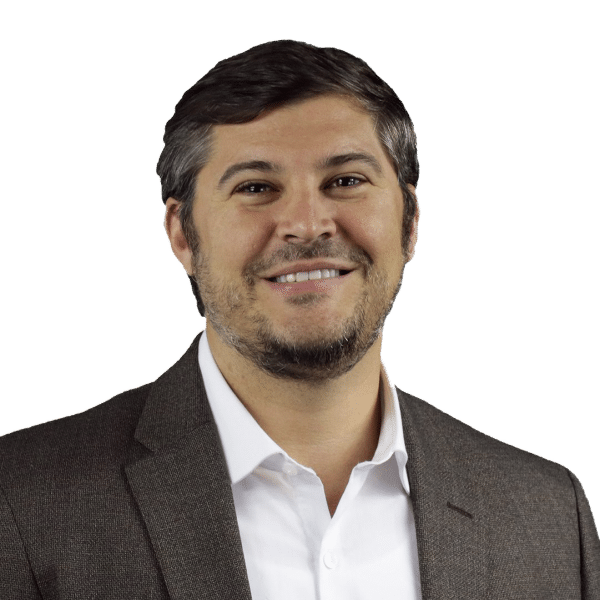With the continued growth in litigation over the past several years, VERTEX has seen a steady increase in expert consulting work to support our clients. VERTEX has been retained to act on behalf of plaintiffs and defendants in regard to liability and damages. The main goal of expert consulting is to add value to the trier of fact with scientific and reproducible results.
Types of Expert Witnesses
Broadly speaking, there are essentially two different types of experts: 1) the consulting expert (“consultant”), who primarily engages in research and support for the litigation team; and the 2) testifying expert (“expert”), who prepares reports submitted to the court and testifies before the court. Often, the same person performs these two roles.
- Consultants do not have to be designated. One can retain the consultant for their services and to obtain their confidentiality. These experts cannot be deposed by the opposing attorney and cannot be retained by them, either. Most of the support is verbal. Expert consultants add value from an independent scientific point of view. A good consultant, retained early in a case, can help you determine whether you need an expert to testify and/or even eliminate the need for one.
- An expert witness requires designation and provides written support, usually in the form of an Expert Report. As an expert witness, the expert can testify at trial in front of a judge or jurors and offer their opinions directly to the finders of fact. An expert should be involved in a case as early as possible for better preparation.
How to Qualify as an Expert Witness
If scientific, technical, or other specialized knowledge will assist the trier of fact to understand the evidence or to determine a fact in issue, a witness qualified as an expert by knowledge, skill, experience, training, or education, may testify thereto in the form of an opinion or otherwise, if (1) the testimony is based upon sufficient facts or data, (2) the testimony is the product of reliable principles and methods, and (3) the witness has applied the principles and methods reliably to the facts of the case. In general, experts and expert testimony are qualified under either the Daubert standard or the Frye standard.
The Daubert Standard is codified in Rule 702 of the Federal Rules of Evidence and has been adopted in approximately 34 states. The focus of the qualification is on reasoning and methodology instead of the expert’s conclusions. During the expert’s testimony, the testimony must pertain to his or her knowledge and the expert must have sufficient training and experience to support his or her reasoning. The Daubert standard is generally viewed as the more stringent qualifying standard.
To meet the Frye standard, scientific evidence presented to the court must be interpreted by the court as “generally accepted” by a meaningful segment of the associated scientific community. This applies to procedures, principles, or techniques that may be presented in the proceedings of a court case. In a practical application of this standard, those who were proponents of a widely disputed scientific issue had to provide a number of experts to speak to the validity of the science behind the issue in question. Novel techniques, placed under the scrutiny of this standard forced courts to examine papers, books, and judicial precedents on the subject at hand to make determinations as to the reliability and “general acceptance.”
Recent Standard Changes
As an example of recent revisions, on February 16, 2017, the Florida Supreme Court declined to adopt the Daubert standard for the admissibility of expert evidence into the Florida Evidence Code to the extent it is procedural in nature. The decision was supported by the plaintiffs’ bar, who believed that the Frye “general acceptance” standard worked and argued that the more complicated Daubert standard would burden the state courts and negatively impact most clients by requiring courts to hold costly mini-trials to determine whether to admit an expert’s testimony. In a crucial 4-3 decision, in Delisle v. Crane, Case (No. SC16-2182) on Oct 15. 2018, the Florida Supreme Court has clarified the law governing the admissibility of expert witness testimony in Florida—moving away from the Daubert standard utilized in federal courts, to the Frye standard. Prior to Delisle, Florida courts were unsure whether to analyze expert testimony and corresponding pretrial motions under Daubert or Frye, so most trial courts utilized Daubert. Therefore, it is important to note that states and courts differ in qualifying experts.
What Questions Should the Expert Witness Ask?
Several questions should be asked by the expert to determine if a case or analysis is within their expertise. Only cases where the expert has sufficient education, training, and experience should be undertaken. The expert should ask the following questions: Am I qualified to opine on the matter(s) in question? Opinions beyond your true and strong areas of expertise can result in your being excluded from testifying in the case. Such an exclusion can have an adverse effect or end your career as an expert witness. Do I have sufficient facts, information, and research? Opinions based on inadequate facts may be subject to a motion to exclude. This again can impact your career as an expert. Do I have enough time to do a proper investigation and analysis? Be upfront with a realistic time frame of a complete and thorough investigation and analysis, and don’t accept if there is truly not enough time. Am I confident in my opinions to a reasonable degree of engineering certainty? If you cannot express your opinions with confidence, you should not express them at all. I think, could or possibly is not a strong opinion. Am I sure on what exactly counsel wants me to opine? Only address the areas counsel would like us to opine.
Once all questions are answered positively above, now and only should an expert accept an assignment.
Codes and Industry Standards – Minimal Requirements
Experts are required to abide by the minimal requirements within the building codes and utilize standards to provide direction and reproducible results. These standards also “level the playing field” between opposing experts. These referenced minimal standards may be federal, local, or even manufacturer standards. Some of the codes and standards that are utilized within the A/E/C industry are as follows:
- International Code Council (IBC, IRC, IPC, IECC, etc.)
- Local Codes and Requirements (Especially South Florida, Miami-Dade)
- Industry standards:
- RCI – International nonprofit association of professionals who specialize in roofing, waterproofing, and exterior wall specification and design.
- NRCA – The National Roofing Contractors Association is a leading authority in the roofing industry for information, education, technology, and advocacy.
- ASTM – ASTM International is an international standards organization that develops and publishes voluntary consensus technical standards for a wide range of materials, products, systems, and services.
- ANSI – The American National Standards Institute is a private non-profit organization that oversees the development of voluntary consensus standards for products, services, processes, systems, and personnel in the United States.
- FM Global – Design standards focusing on loss prevention
- UL – non-profit organization that is funded by the fees it charges manufacturers of products that are submitted for certification. UL charges fees for the initial evaluation process, as well as ongoing maintenance fees for follow-up service.
- AAMA – Testing standards for field testing
- Company standards
Additionally, experts, when formulating Expert Reports, are required to abide by a minimal set of standards that are defined within E620-04 Standard Practice for Reporting Opinions of Scientific or Technical Experts. This practice covers the scope of information to be contained in formal written technical reports which express the opinions of the scientific or technical expert with respect to the study of items that are or may reasonably be expected to be the subject of criminal or civil litigation.
Pros and Cons of Utilizing an Expert Witness
There can be many advantages of utilizing expert witnesses within select litigation cases. An expert witness can support your case and enhance submitted evidence. They can also clarify and explain theories or testing to the jury, and add legitimacy and confidence to that data. An expert can also be beneficial in proving improper methodologies or inconsistent findings within other expert’s reports. More often than not, expert witnesses are abundant and easily accessible in most cases.
There can be also many disadvantages of utilizing expert witnesses within select litigation cases. An expert witness may not be able to support your case or may not be in agreement. An expert witness may need more time and may not be able to meet court deadlines and provide a complete investigation during the time provided. When working on construction cases with many defendants or involved parties, several experts may be involved and require strict coordination. Another con could be that the expert witness may not present well and not be presentable to a jury. Although, expert witnesses are abundant and easily accessible in most cases, finding the right expert can provide to be a difficult challenge at times.
The Role of an Expert Witness
In regard to litigation, experts can add value in a number of ways. Experts are typically independent and are not emotionally involved in the case. This fact alone ensures that the expert remains unbiased and does not let emotions factor into their opinions and conclusions.
It is of the utmost importance that experts understand their independent role and understand that they are not advocates for the client. It is also important for the expert to ensure all opinions are their own and the opinions are not influenced by or driven by outside forces. Lastly, they must also ensure that the opinions and conclusions are supported by the evidence and facts of the case.
How Can a VERTEX Expert Help You?
VERTEX has a unique perspective in dealing with construction and design-related issues because of our diverse client base, our scope of services, and the diversity of our experts.
To learn more about VERTEX’s Expert Witness & Dispute Resolution Services or to speak with an Expert, call 888.298.5162 or submit an inquiry.




